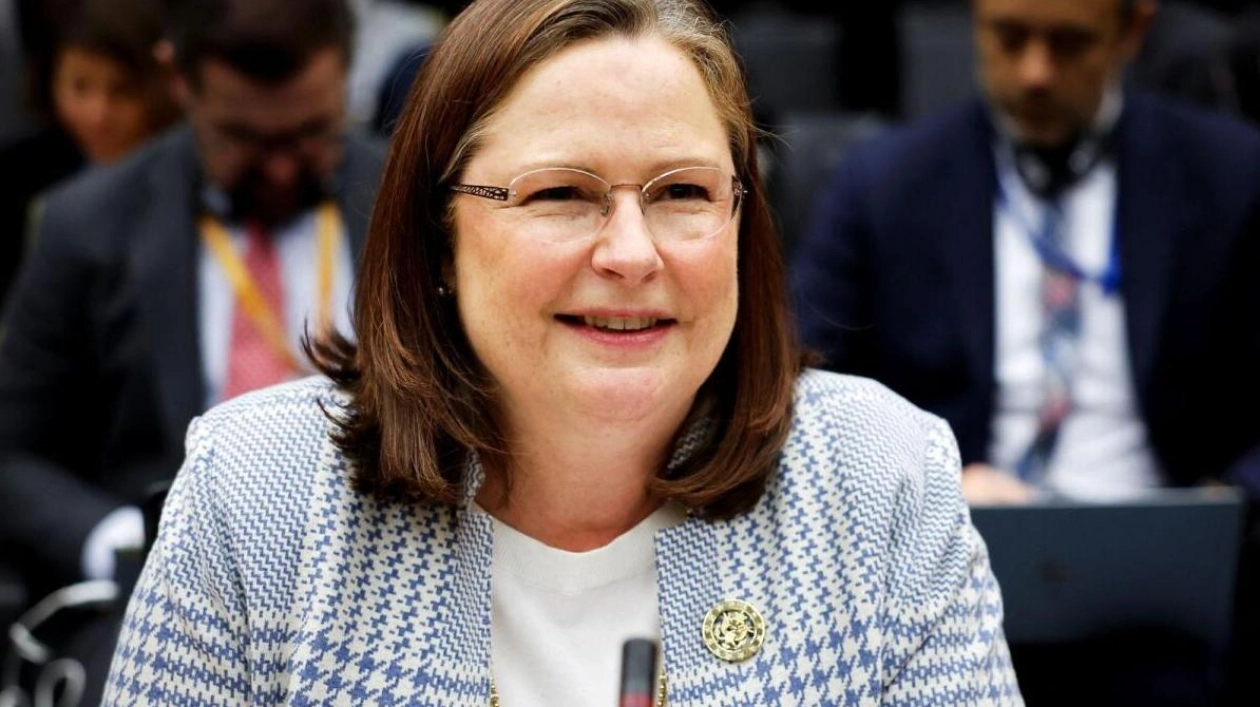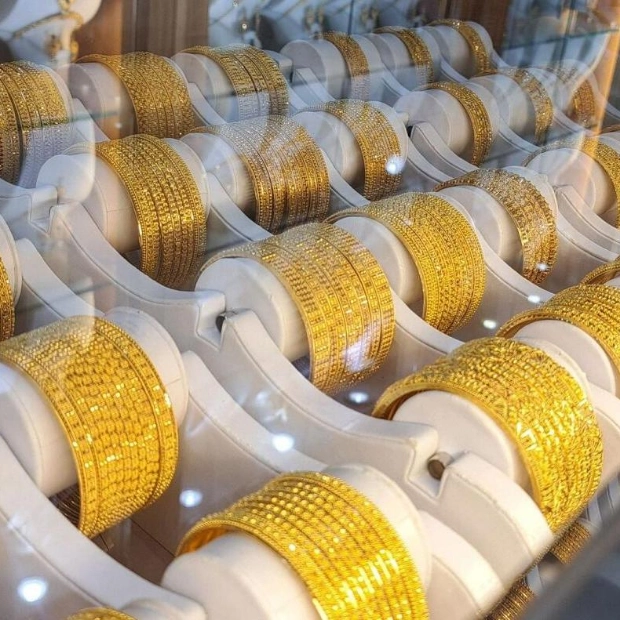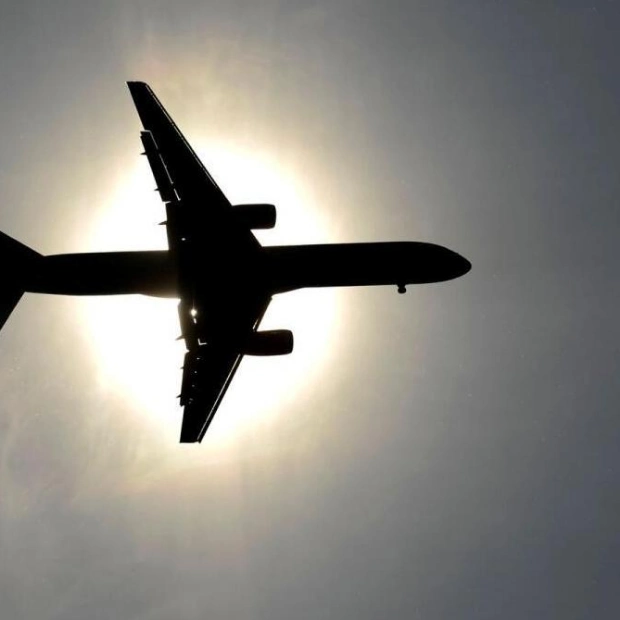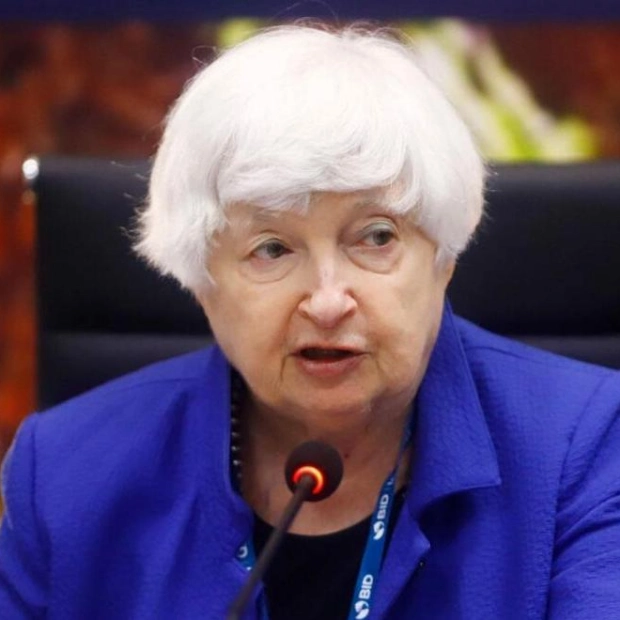US Ambassador to the International Atomic Energy Agency Laura Holgate expressed her views during the opening day of the agency's quarterly board of governors meeting held at the IAEA headquarters in Vienna, Austria, on November 20, 2024. — Reuters
The United States, Britain, France, and Germany collectively voiced 'serious concern' on Saturday regarding Iran's intentions to deploy a new set of centrifuges as part of its nuclear program, urging Tehran to renew its engagement with the UN nuclear watchdog. This announcement from Iran followed the four Western powers' submission of a censure motion against the Islamic republic to the 35-nation board of the International Atomic Energy Agency (IAEA). The resolution was passed on Thursday.
'We observe with serious concern Iran's announcement... that, instead of addressing the resolution through cooperation, it plans to further expand its nuclear program in ways that lack a credible peaceful rationale,' the four nations stated in a joint declaration issued by the US State Department. 'We anticipate Iran to re-engage on the path of dialogue and cooperation with the agency.'
On Friday, Iran declared its intention to introduce a 'significant series of new and advanced centrifuges of various types.' Centrifuges are devices that enrich uranium, which is converted into gas and then spun at extremely high speeds to increase the proportion of fissile isotope material (U-235).
'At the same time, technical and safeguards cooperation with the IAEA will persist, as it has in the past,' and within the framework of agreements established by Tehran, stated a joint release from Iran's foreign ministry and its atomic energy organization. Behrouz Kamalvandi, a spokesperson for Iran's atomic energy organization, clarified on Friday that the new measures primarily pertain to uranium enrichment.
Tensions surrounding Iran's nuclear program are escalating, with critics apprehensive that Tehran is endeavoring to develop a nuclear weapon—an allegation the Islamic Republic has consistently refuted. In their joint statement on Saturday, the United States, Britain, France, and Germany applauded the adoption of the IAEA resolution, attributing it to Iran's 'continued failure' to cooperate with the watchdog in a timely manner.
The resolution, as viewed by AFP, emphasizes that it is 'essential and urgent' for Iran to 'act to fulfill its legal obligations' under the Non-Proliferation Treaty (NPT) ratified in 1970. The document also urges Tehran to furnish 'technically credible explanations' for the presence of uranium particles discovered at two undisclosed locations in Iran. Furthermore, the Western powers are requesting a 'comprehensive report' from the IAEA on Iran's nuclear activities 'at the latest' by spring 2025.
'We hope Iran will seize the opportunity between now and that report to finally provide the information and cooperation required to resolve these issues, so that the agency is able to assure that Iran's program remains exclusively peaceful,' the Western powers stated on Saturday.
Source link: https://www.khaleejtimes.com






